by Tom Malterre | 79 comments
Over the last 3 decades, there has been a 20% surge in people suffering from gallbladder disease. It is estimated that 20-25 million Americans (10-15% of the population) have gallbladder complications (primarily from gallstones) that lead to 1.8 million hospital visits and $6.2 billion dollars in health care costs every year.
An increasingly common “solution” to this problem is surgery. In fact, there are over 750,000 cholecystectomies (gallbladder removal surgeries) performed annually in the US. That’s three quarters of a million people losing their gallbladder every year! Unfortunately, 10-33% of people who get their gallbladder taken out never resolve their symptoms of gallbladder disease; and in fact those who have their galbladder removed may suffer from a whole new set of symptoms like fat malabsorption and vitamin deficiencies after surgery.
What if there was a less invasive way than surgery to relieve symptoms in people with gallbladder disease?
You may be able to prevent gallbladder surgery by eliminating certain foods from your diet.
Back in 1968 a doctor by the name of J.C. Brenemen published a paper in the journal Annals of Allergy. He was able to relieve symptoms associated with gallstones (cholelithiasis) in 100% of his subjects by doing an Elimination Diet for 1 week. Most symptoms improved within only 3-5 days. When certain foods were added back in the diet, the symptoms would return. Three common foods accounted for the vast majority of reactions. Egg was problematic in 93% of people, pork in 64%, and onion in 52%. Other foods included fowl, milk, coffee, oranges, corn, beans, nuts, apples, and tomatoes. By simply removing the foods, these patients were able to eliminate their symptoms.
Over my ten years in clinical practice I have noticed that those clients who went on an Elimination Diet would often heal their gallbladder symptoms, and avoid gallbladder surgery. By observing my clients, I found that there was one additional food reaction contributing to gallstone disease that Brenemen was missing in his 1968 study—gluten.
What does a healthy gallbladder do?
The gallbladder is a small four inch sac located just below the liver. It accumulates a liquid mixture known as bile that contains 97% water, 0.7% bile salts (cholesterol that interacts with hydroxylation/CYP450 enzymes and has either glycine or taurine attached to it), 0.51% fats (i.e. cholesterol, phospholipids), 0.2% bilirubin (derived from heme- the substance in red blood cells), and a trace amount of inorganic salts (i.e. potassium, sodium bicarbonate). As food travels out of the stomach and in to the small intestines (duodenum), cells that line the intestinal walls “sense” the fats and amino acids in the food and release a hormone called CCK (cholecystokinin/Chole= bile, Cysto= sac, Kinin= mover). This bile sac-moving hormone signals the gallbladder to squeeze forcing the bile into the upper intestines where it helps to digest fats found in foods. Simultaneously, CCK also signals digestive enzymes to be released from the pancreas.
Lack of gallbladder stimulation as a factor in forming gallstones.
Problems can arise when the gallbladder never receives the signal to squeeze. This leads to a condition known as stasis where bile sits in the gallbladder for long periods of time. If the gallbladder is filled with bile that is laden with high levels of cholesterol, and low levels of phospholipids and bile salts, it can form a supersaturated sludge. This stagnant sludge allows for the perfect environment for crystal-like structures to form that precipitate out of solution. These structures are known as gallstones and they can cause irritation in the gallbladder. If the stones are large enough, they may get lodged in the cystic duct or common bile duct. This leads to the symptoms of what is known as gallbladder attacks.
Symptoms of gallbladder disease:
- Upper right quadrant pain in abdomen (may radiate to right shoulder of mid-back)
- Feeling of fullness in the abdomen
- Nausea
- Vomiting
- Chills/sweating
- Yellowing of the skin or eyes (jaundice)
Research indicates that both gluten and cow's milk proteins can cause damage in the intestinal tract that leads to gallbladder stasis. Both foods contain proteins that are capable of exciting immune cells in the intestinal tract that can interfere with CCK signaling by disrupting the intestinal lining. If the intestines are damaged, and CCK secretion is interrupted, the gallbladder never fully contracts to squeeze out all of the bile.
The difference between subjects with calm intestines and those who have damage from consuming gluten can be profound. In one study, subjects who had intestinal damage from gluten consumption (villous atrophy) took over 7 times longer to empty out their gallbladder than the normal subjects (154 minutes vs. 20 minutes). A gluten-free diet normalized the emptying time of the gallbladder.
Other studies have demonstrated that pancreatic enzymes are reduced when the upper intestinal tract is damaged by either gluten or cow's milk protein. When those foods are removed from the diet and the intestines heal, the pancreatic enzyme function returns to normal.
5 Things You Can Do Now To Heal Your Gallbladder:
1. Do an Elimination Diet.
This is by far the most effective therapy for gallbladder issues I have seen. Our book, The Elimination Diet, details how to follow one safely and effectively. If you are ready to begin the healing process right now, and need guidance in following an Elimination Diet, then register today for our online Elimination Diet Support Program!
2. Consider a high quality digestive enzyme supplement.
If you have loose stools and more than four bowel movements a day, research indicates a pancreatic enzyme supplement may help.
3. Eating more vegetables and fruits helps to prevent gallstones.
Shoot for 6 servings of vegetables and 2 servings of fruit per day. Our book, The Whole Life Nutrition Cookbook, has hundreds of recipes for incorporating fresh fruits and vegetables into your diet in a delicious way!
4. Start consuming broccoli sprouts.
Eating 1/4 cup per day can decrease bilirubin deposits in the gallbladder thus reducing the likelihood of gallstone formation. Watch my video and learn how to easily grow your own broccoli sprouts!
5. Consider a curcumin supplement.
Curcumin extracts from turmeric have been shown to stimulate bile formation and gallbladder emptying. Meriva, a supplement of complexed phophatidylcholine and curcumin, has helped many of my clients with gallbladder issues.
References
-
Is exocrine pancreatic insufficiency in adult coeliac disease a cause of persisting symptoms?
-
Persistent decreased plasma cholecystokinin levels in celiac patients under gluten-free diet: respective roles of ...
-
Allergy elimination diet as the most effective gallbladder diet.
-
Subclinical exocrine pancreatic dysfunction resulting from decreased cholecystokinin secretion in the presence of intestinal ...
-
Epidemiology of gallbladder disease: cholelithiasis and cancer.
-
Nutritional approaches to prevention and treatment of gallstones.
-
Digestive and nutritional considerations in celiac disease: could supplementation help?
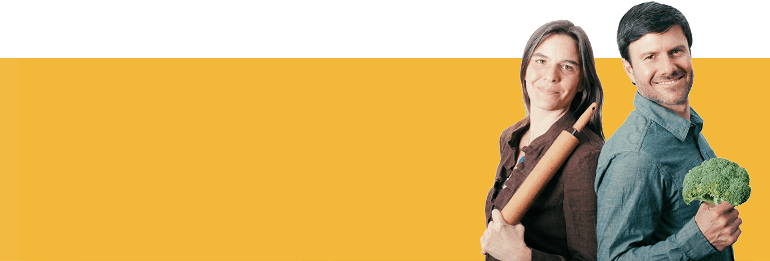
Stay up to date with the current science and recipes that can help make your family healthy.

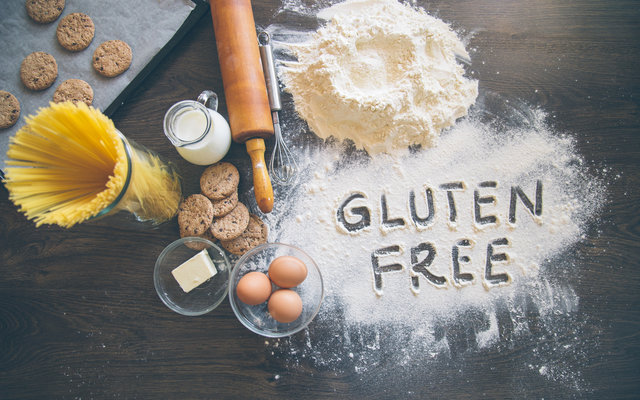
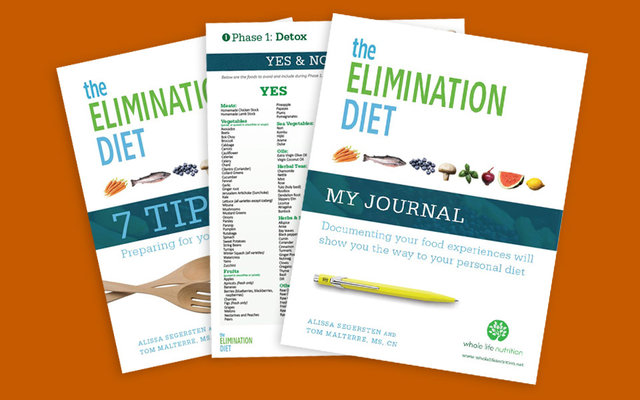
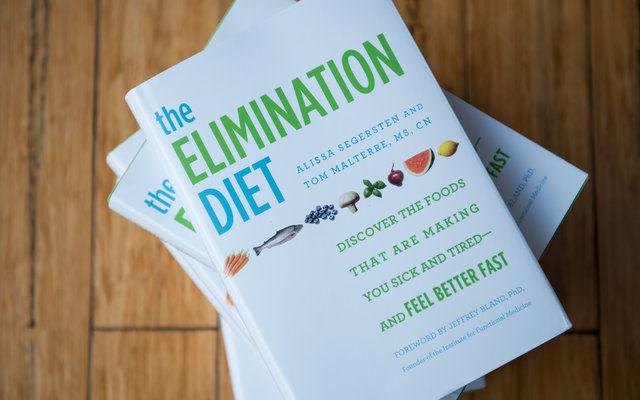
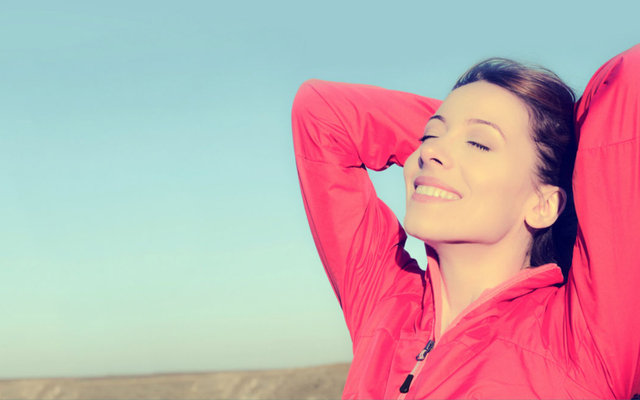
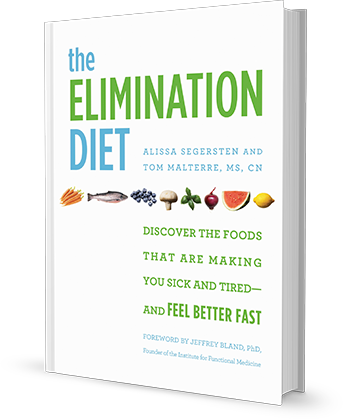
Comments
Re: No more stones!
by Tom Malterre on Sat, 03/04/2017 - 6:12pm
what exactly did you do?
by karah on Fri, 03/10/2017 - 3:04pm
Details
by Nadine on Wed, 03/15/2017 - 8:42pm
Nadine
by wyatt on Wed, 03/21/2018 - 6:22pm
Symptomatic gallstones
by Angela M on Sat, 03/14/2020 - 8:50pm
Bile supplements
by Gerald on Sat, 08/07/2021 - 5:32am
Two gallstones and trying everything to keep gallbladder
by Lisa V. on Mon, 04/02/2018 - 12:55pm
Food is medicine
by Carrie on Wed, 12/26/2018 - 7:30am
Lots of stones
by Susan Fenton on Fri, 04/07/2017 - 10:08pm
I'm also curious if they can dissolve or just pass
by Anna on Fri, 06/09/2017 - 10:00am
Gallbladder
by william on Sat, 04/22/2017 - 9:13am
Gallbladder
by Kori M Gordon on Tue, 06/27/2017 - 10:55am
gallbladder removal recommendation
by Amy Bradley on Tue, 08/01/2017 - 6:12pm
Gallbladder
by Mary C. on Tue, 10/09/2018 - 3:11pm
Looking for answers before surgery
by Mary C. on Thu, 10/18/2018 - 9:31am
Hi Amy. Wondering what
by Karen R on Thu, 02/27/2020 - 6:02pm
Gallbladder is only functioning at 18%
by Megan LoPiccolo on Wed, 12/20/2017 - 9:33pm
Tumeric and Gall bladder
by Martha Levine on Fri, 03/16/2018 - 10:08am
Hi,
by Nikita Amraotkar on Wed, 05/09/2018 - 7:51pm
Gallbladder Polyps
by Joyce Gaden on Thu, 05/31/2018 - 7:26pm
Bad gallbladder attacks
by Trish on Thu, 09/06/2018 - 7:46pm
Polyp in the gallbladder
by Colleen on Tue, 09/18/2018 - 12:55am
Help
by David Richardson on Mon, 12/17/2018 - 12:42pm
Help
by David Richardson on Wed, 12/19/2018 - 7:49am
Gallbladder concerns
by Latricia on Thu, 05/02/2019 - 10:06am
Can diet fix a low functioning gallbladder?
by Karen Rosenstein on Thu, 02/27/2020 - 6:01pm
breaking up stones
by April on Mon, 12/07/2020 - 3:22pm
Gallbladder removed at 11
by Nancy on Sat, 02/27/2021 - 7:03am
Nonfunctional gallbladder
by Kenzie on Sun, 07/18/2021 - 4:43am
Pages
Add new comment